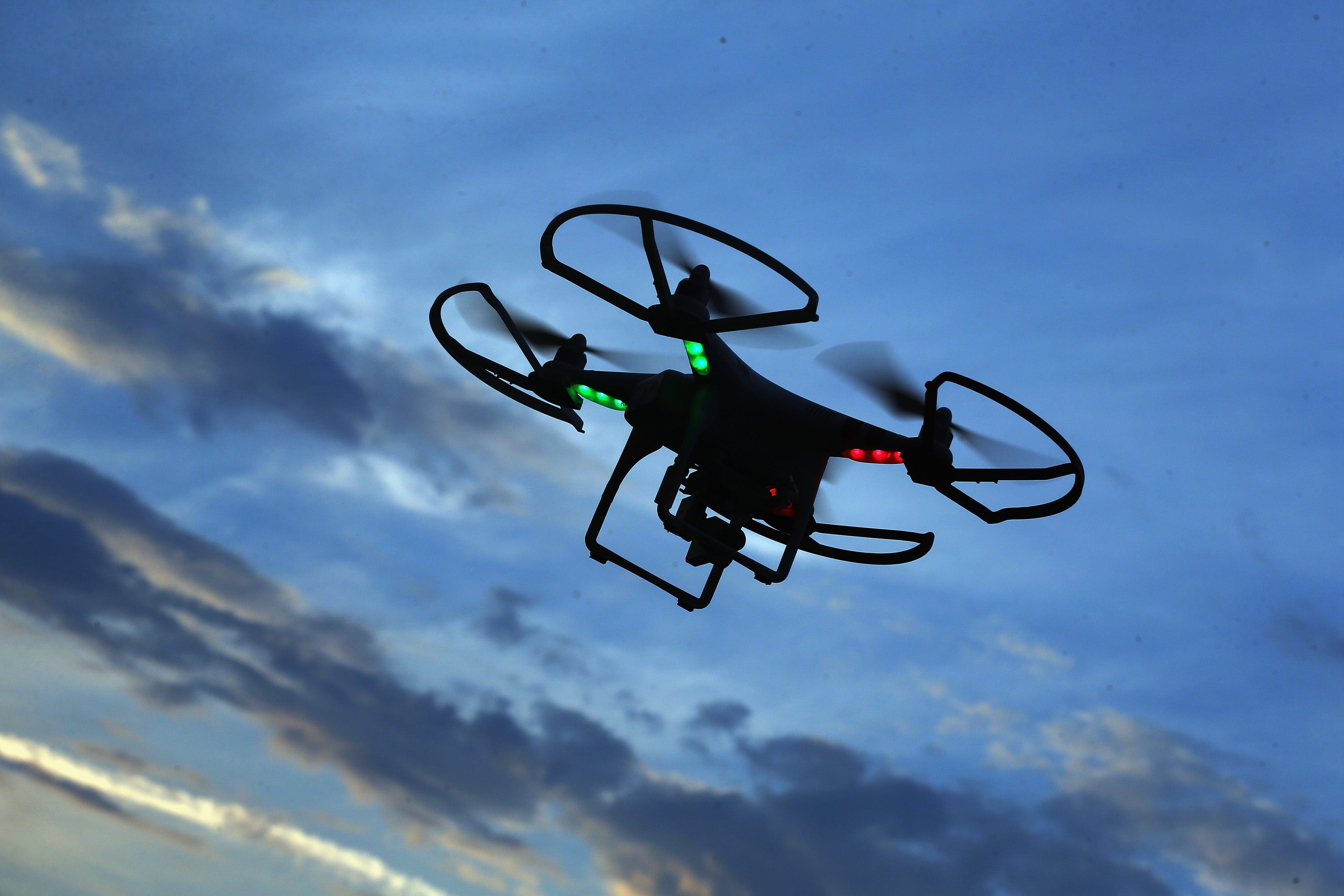India makes it easier for people to own and operate drones
Country has potential to be global UAV hub by 2030, government says

India has liberalised regulations for those buying and operating drones, the Ministry of Civil Aviation has said.
The revised policy announced on Thursday is aimed at easing access to uncrewed aerial vehicles (UAV) for people in non-military sectors like agriculture, mining, infrastructure, surveillance, emergency response, transportation and geo-spatial mapping.
The policy changes have watered down the process of acquiring and owning drones, with the government having cut bureaucratic and financial requirements.
The Indian government liberalised the policy based on feedback which had warned that the existing policy was “restrictive in nature”, involved tedious paperwork and made it imperative to seek permission for every drone flight.
India has the potential to be global drone hub by 2030, the government said in an official statement.
Under the new set of rules, several approvals have been abolished. These include the certificates on manufacturing and airworthiness, conformance, maintenance and the import clearance form.
Some key approvals that will no longer be needed include authorisation of R&D organisation, student remote pilot licences and drone port authorisations.
In all, the government has reduced the number of forms from 25 to five.
Security clearance will no longer be needed before issuance of any registration or licence.
Civil aviation minister Jyotiraditya Scindia said: “Several approvals abolished & processes made easier; number of forms reduced from 25 to 5; coverage of drones increased from 300 kg to 500 kg; fee reduced to nominal levels; yellow zone reduced from 45 km to 12 km from the airport perimeter; no flight permission required up to 400 ft in green zones.”
Several leaders from India’s ruling party led by Prime Minister Narendra Modi have lauded the policy as progressive.
But Carnegie, an India-based think-tank, has warned that the new drone policy was restrictive and protectionist.
“The rules should not make recommendations toward Indian technologies. Instead, companies producing these technologies should be left to compete in a free and fair market. This would provide Indian competitors the necessary incentive to improve their products and services,” the analysis said.
It also warned about the potential for misuse of collected data. The think tank analysis said: “This provision does not state exactly why this data would be shared or what it would be used for. This could possibly be in violation of the principle of purpose limitation, which requires the purpose of data sharing to be clearly mentioned. This would violate Section 5 of the proposed data protection bill when it becomes law.”
This can be fixed if the government adds a clause stating why exactly it needs the access, the analysis said.
Join our commenting forum
Join thought-provoking conversations, follow other Independent readers and see their replies
Comments
Bookmark popover
Removed from bookmarks